Addiction Treatment for Native Americans in Arizona
Native Americans experience some of the highest rates of drug and alcohol abuse, mental health disorders, violence, and suicide. These statistics underscore the urgent need for treatment and support services specifically tailored to the unique cultural and spiritual needs of the Native American community, utilizing native language and treatment providers that are well-versed in Native American communities and culture.
In addition to addressing addiction and other mental health issues, special considerations and focus must also be taken into account when treating this group due to historical trauma suffered by people who identify as Native Americans.
Keep reading to learn more about addiction treatment at our Native American rehab center and how Catalina Behavioral Health can help!
Accepting Many Forms of AIHP Insurance
Signs of Drug and Alcohol Addiction on Reservations
Are you worried that someone close to you may be struggling with substance abuse? Don’t ignore your gut feeling—it’s important to recognize the warning signs of drug and alcohol addiction so that you can help those in need. Drug and alcohol abuse is a serious problem for many Native Americans, and it’s important to know how to recognize it, understand it, and provide support.
Drug and alcohol addiction affects everyone differently, but there are some common warning signs that can alert you to potential danger.
Some physical signs include red eyes, poor hygiene, drastic weight loss or gain, changes in sleep patterns, slurred speech, mood swings, and more.
Other indicators include using drugs or alcohol as a coping mechanism for stress or life issues; spending time away from home; avoiding family members; having money problems; missing work or school due to substance use; lying about their drug and alcohol habits; engaging in risky behaviors such as driving under the influence; and displaying aggressive behavior when confronted about usage.
Both drug and alcohol use can eventually lead to addictive diseases and high rates of chronic liver disease, among Native Americans and others as well.
Native American Rehabilitation Programs
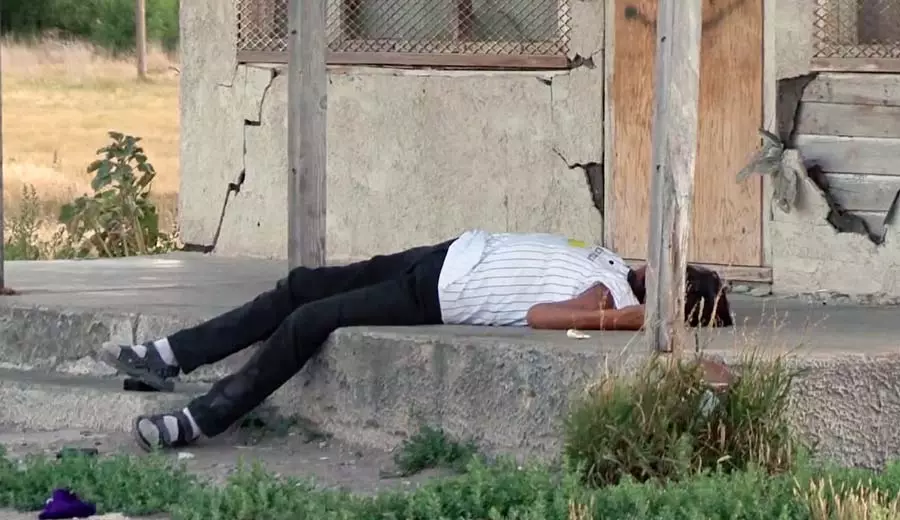
For many years, Native American Indians have struggled with high rates of alcohol and substance abuse. The good news is that there are a variety of treatment programs across the United States that are designed to help Native American residents address their substance use disorders and move on to a healthier lifestyle. Let’s take a closer look at what these treatment programs involve, who can participate in them, and how they work.
Detoxification Services
Before beginning any type of rehab program, it is often important for an individual to go through a detoxification treatment in order to cleanse their body of drugs or alcohol. Many treatment centers that service Native American communities offer detox services that can provide individuals with the support they need during this difficult time.
Detox treatments can be done on an inpatient or outpatient basis depending on the severity of the addiction and the individual’s needs and risk factors.
Residential Substance Abuse Treatment
For those who need intensive care for their substance abuse or addiction issues after detox, inpatient rehabilitation programs provide 24/7 medical care and supervision. These programs typically last from 30-90 days, during which time clients will receive therapy, and counseling, participate in group activities, and receive other forms of support as they work towards sobriety. This type of program is best suited for those who have a severe addiction or need extra assistance in order to stay on track with their recovery. Alaska Natives with an increased risk of relapse can benefit from this type of supervision.
Outpatient Treatment Centers For Drug or Alcohol Addiction & Mental Health Problems
Outpatient rehab is an excellent option for those who don’t have the time or financial resources for inpatient care. Outpatient programs provide more flexibility than inpatient programs as they allow participants to continue working while receiving treatment and involve fewer hours of therapy per week.
Common components of outpatient rehabilitation include individual counseling sessions and group meetings with other people struggling with addiction. Additionally, many outpatient programs offer medication-assisted treatments (MAT) that can reduce cravings associated with opioid use disorder (OUD) or other drug and alcohol abuse.
Treatment For Mental Health Disorders: Dual Diagnosis Treatment
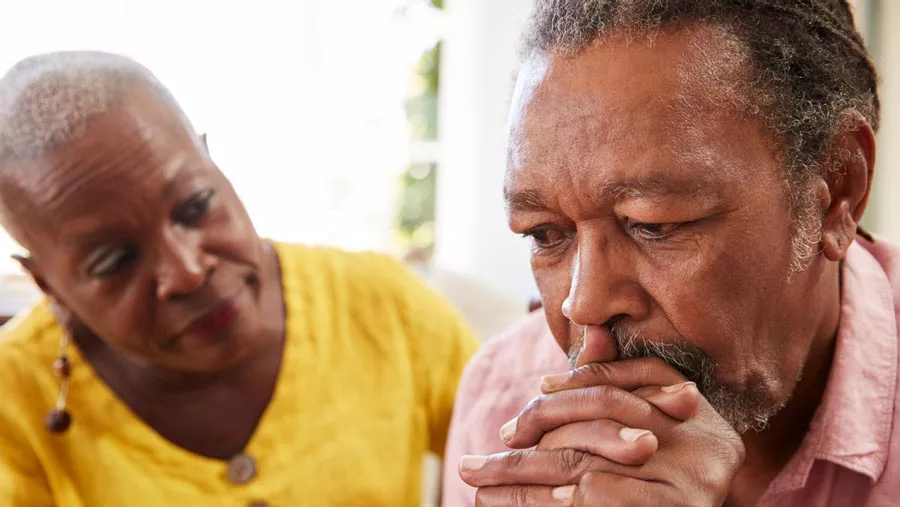
Dual diagnosis treatment is a comprehensive approach to treating addiction and mental illness together as co-occurring illnesses. It recognizes that substance use disorders can be used as a coping mechanism to manage symptoms of mental illness such as anxiety or depression. To treat the underlying cause of addiction, it’s essential to create a treatment plan that addresses both conditions simultaneously.
Co-occurring disorders are common among many people, including Alaska Natives and Native American communities, who suffer disproportionately from addiction and mental health issues like depression and post-traumatic stress disorder (PTSD). To complicate matters further, many Native Americans lack access to quality medical care or do not know where to turn for clinical and preventive services.
That’s why it’s important for those in need of dual diagnosis treatment to seek out specialized programs that cater specifically to Native American needs.
These programs offer culturally sensitive care in a safe environment where individuals can address their drug or alcohol addiction and receive mental health care at the same time. In addition to traditional forms of therapy like cognitive-behavioral therapy (CBT), these programs may also incorporate holistic therapies such as meditation, yoga, art therapy, music therapy, and more related to their cultural and spiritual beliefs.
24 Hour Drug And Alcohol Abuse Treatment
How Does Drug and Alcohol Abuse Treatment Work?
Most Native American Indian and Alaska Native rehabilitation programs follow the same basic structure: Participants undergo an assessment upon entering the program to determine their level of addiction and any underlying psychological issues that may need to be addressed during treatment.
Following the assessment phase, treatment begins with individual counseling sessions, group meetings, 12-step meetings (if applicable), educational classes on addiction recovery, relapse prevention strategies, and other therapeutic activities tailored to individual needs. Aftercare is also available following treatment completion for those who need additional assistance transitioning back into daily life without drugs or alcohol.
A Day in Rehab: What to Expect
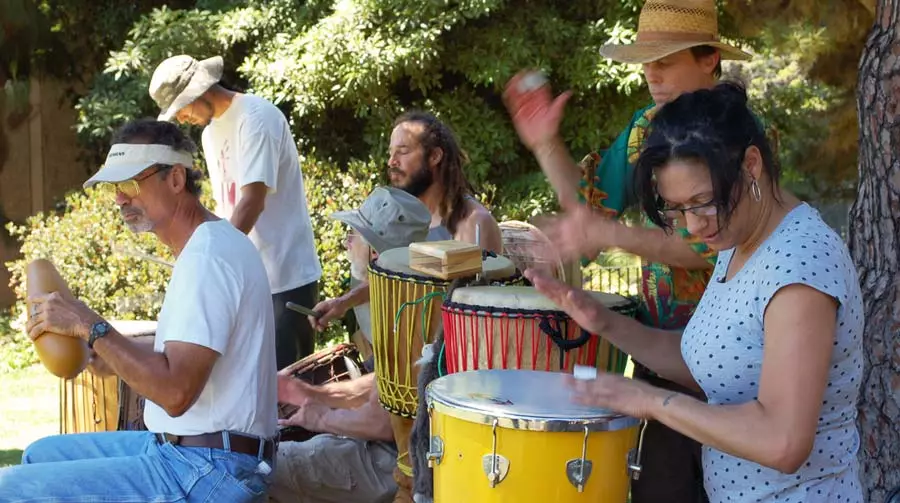
A typical day in rehab usually involves several different activities and appointments, from group therapy sessions to personal reflection and individual counseling. Many treatment centers also offer recreational activities such as yoga and nature hikes, which allow residents to decompress after more intense therapies.
Therapy Sessions
Group therapy sessions are often held several times per week with certified counselors facilitating discussions about addiction and recovery topics such as relapse prevention and coping skills. These sessions give you the opportunity to learn from others who are going through similar experiences while providing emotional support during this difficult time.
Additionally, individual counseling is available to discuss more personalized issues related to your unique situation. This gives you the chance to work one-on-one with your therapist on any specific areas that need attention or further exploration.
Recreational Activities
In addition to therapy sessions, there are also plenty of opportunities for fun activities during your stay at the facility. If you choose a program that includes American Indian and Alaska Native traditions, you may engage in more traditional healing, such as sweat lodge ceremonies, drum circles, prayer circles, art circles, talking circles, sun dances, spiritual guidance sessions, storytelling circles, art therapy classes, or other rituals designed with Native American cultural beliefs in mind.
Other common recreational activities include sports games or tournaments, movie nights, musical performances, or outdoor activities like nature walks and hikes through the local area.
24 Hour Substance Abuse Rehab Helpline
Native American Substance Abuse: Barriers to Treatment
Substance abuse is a major problem among Native American communities. Unfortunately, many Native American Indians face significant barriers to accessing needed treatment. It’s important to understand why and to realize that this doesn’t mean treatment isn’t available but it’s important to understand these barriers. With help, you can get the assistance you need.
Financial Barriers
American Indian individuals and families often lack the financial resources necessary to seek out addiction treatment services and mental health services. Many American Indian tribes are not eligible for health insurance, or they are eligible for help from federal government programs that are underfunded and poorly run, leaving them with limited options when it comes to covering treatment costs.
According to the United States Census Bureau (USCB), almost 20% of American Indians and Alaska Natives do not have health insurance coverage, which is well above the national average. While the Indian Health Service can offer coverage for some tribes and healthcare providers, this is not always the case.
Additionally, many American Indians don’t have an insurance provider that offers effective preventive services and access to quality healthcare providers for American Indians struggling with addiction, historical trauma, domestic abuse, and other mental health concerns.
Stigma & Shame
Many Native American communities have adopted a culture of shame when it comes to addiction. This can make it difficult for individuals struggling with substance abuse issues to seek out help due to fear of judgment or rejection from their peers or family members. The stigma is particularly difficult for Alaska Natives and Native American women.
It is important for those seeking help for an addiction to remember that there is no shame in asking for help and that seeking out treatment is one of the bravest things you can do. There are many organizations (such as the Urban Indian Health Institute and the Indian Health Service) and individuals who are dedicated to providing Indian health services and support to Native communities.
Catalina Behavioral Health is committed to making treatment accessible in Arizona for tribal members, and offers many forms of AIHP rehab services, as well as accepting most forms of AHCCS insurance for rehab.
Accessibility Issues
Another common barrier faced by those seeking addiction treatment is where many Native Americans live, due to accessibility issues to substance use disorder treatment programs and other types of support groups.
Many Native American reservations and tribal lands/tribal communities are located in rural areas where quality healthcare and mental health services may be hard to come by or are too costly for those living on fixed incomes or without insurance coverage.
Catalina Behavioral Health accepts many forms of AIHP and IHS plans to ensure accessibility for clients who are members of Native tribes across Arizona.
The Benefits of Specialized Rehab Programs for Native Americans
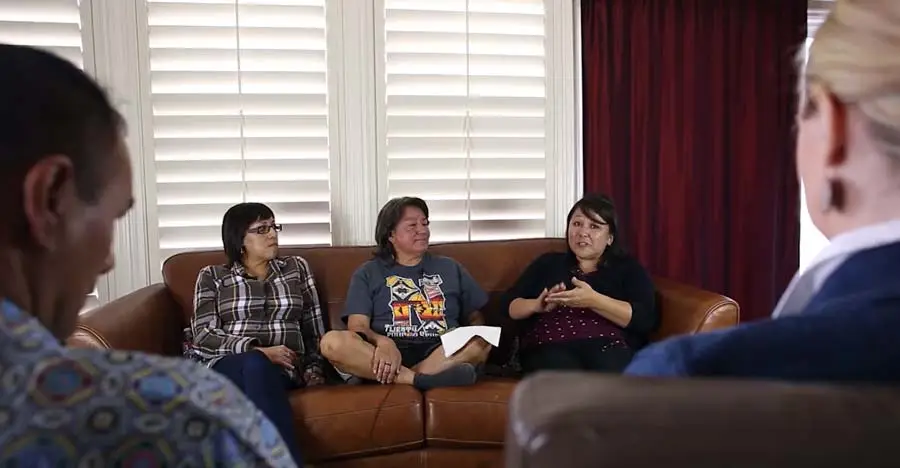
A specialized treatment program that caters specifically to Native American patients can provide numerous benefits. For example, many of these programs employ a holistic approach that incorporates traditional spiritual practices and traditional healing methods that may help enrich recovery. According to the American Psychiatric Association, interventions rooted in indigenous beliefs help to prevent suicide and addiction in Native American Indians and the Alaska Native American population.
This provides an opportunity for American Indian clients to explore their own culture and concepts of Spirit while in treatment—a critical factor in achieving lasting recovery since it helps strengthen a sense of identity for those who may have grown up with strong native cultural beliefs.
In addition, many programs provide a network of support through fellow patients who share similar backgrounds and experiences. These Native American connections can be extremely beneficial since it allows clients to forge meaningful relationships with peers who understand their struggles firsthand.
Furthermore, having access to these types of communities helps create an environment where individuals feel more comfortable discussing difficult topics in therapy sessions without fear or judgment from others—a key component in successful addiction treatment.
Finally, specialized programs are often staffed by clinicians who are experienced in working with members of specific cultural and spiritual native communities, and are trained in recognizing signs of substance misuse or co-occurring disorders common among these populations.
As such, they may be better equipped than generalists to address any underlying issues that contribute to addiction while developing individualized plans that prioritize long-term sobriety and mental wellness for Alaska natives.
Aftercare for Native Americans Struggling with Addiction
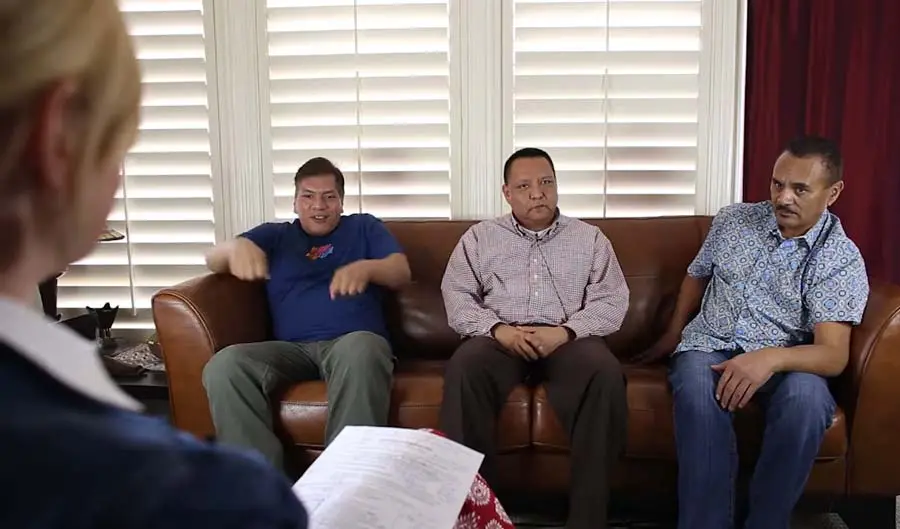
Aftercare is an important part of the journey to recovery from addiction. It’s a set of plans and resources designed to provide continued support and guidance on an ongoing basis. Aftercare includes many different components, including the following:
Sober Living
Sober living is a type of housing for those in recovery from addiction that supports sobriety. This can include group homes or other types of shared residences where people recovering from addiction can live together in a supportive environment. At sober living treatment facilities, individuals can learn life skills that will help them on their path to sobriety while also receiving support from peers who are dealing with similar issues.
Outpatient Care
Outpatient care for American Indian ethnic groups offers regular check-ins with medical professionals and counselors who are experienced in helping with substance abuse issues. In this setting, individuals can receive individual counseling as well as participate in group therapy sessions that focus on specific topics related to recovery and relapse prevention.
Outpatient care is often recommended after a person has completed an inpatient program if they need additional support after completing the residential program.
12 Step Groups Specific For Native American Indians
12 step groups have long been used as a tool to foster change and growth during the recovery process. However, it can be difficult for those within the Native American community to find culturally appropriate 12-step meetings due to the lack of representation within traditional meetings.
That’s why there are now 12-step groups available specifically for Native American Indians struggling with addiction that provide additional cultural understanding and support during the recovery process.
Therapy
Therapies such as cognitive behavioral therapy (CBT) are also used during aftercare programs for those struggling with addiction. CBT helps individuals understand how their thoughts and behaviors contribute to their actions so they can work toward making positive changes in their lives that promote lasting sobriety and wellness.
Other therapies may be offered depending on the individual’s needs such as dialectical behavior therapy (DBT), motivational interviewing (MI), or eye movement desensitization and reprocessing (EMDR). Additionally, people of Native American Descent often find help through The Medicine Wheel.
Self-Care

Self-care is another important component of any successful aftercare plan because it allows individuals to take time for themselves. Self-care activities could include yoga, meditation, journaling, art classes, walks in nature, etc. – anything that helps you feel supported and relaxed when facing challenging feelings or situations associated with your recovery journey.
The most successful treatment programs include continued treatment focused on mental health/mental illness and drug and alcohol abuse.
Licensed Drug and Alcohol Treatment for Arizona
A Program of Recovery for Native Americans in Arizona
We understand how hard it can be when searching for the right treatment center for yourself or a loved one who is dealing with addiction issues as a Native American individual or family member.
That’s why we are here—to help make this process easier by connecting you with our treatment center that understands the unique challenges faced by those struggling with addiction while respecting your culture and traditions along the way. So don’t wait – contact Catalina Behavioral Health to let us help you find the perfect treatment today where you can access mental health services and treatment for a substance use disorder.
All calls are completely confidential. Don’t hesitate to contact us to speak with a team member about how you can overcome your substance abuse.







